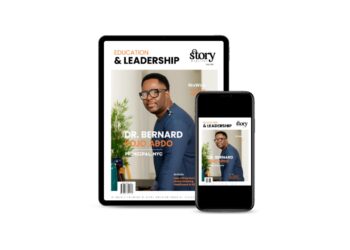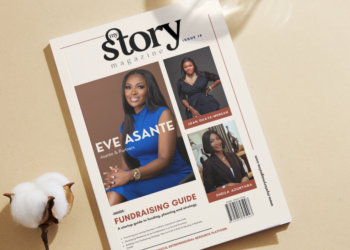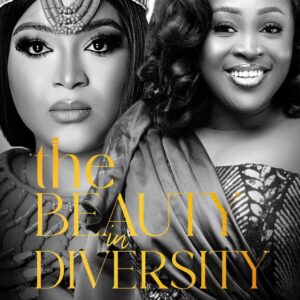Article by Mrs Harriet Awuah Agbenowu, CEO Sparklers Foundation UK and Ghana
Sparklers Foundation is an organisation operating in UK and Ghana which supports children and families living with autism, other related conditions and disabilities.
After organising a number of events and sessions over the years, this article has been written to share the challenges identified as being experienced in the area of additional needs by individuals, families and communities managing SPECIAL NEEDS AND DISABILITIES during our Special Needs Initiatives in Ghana.
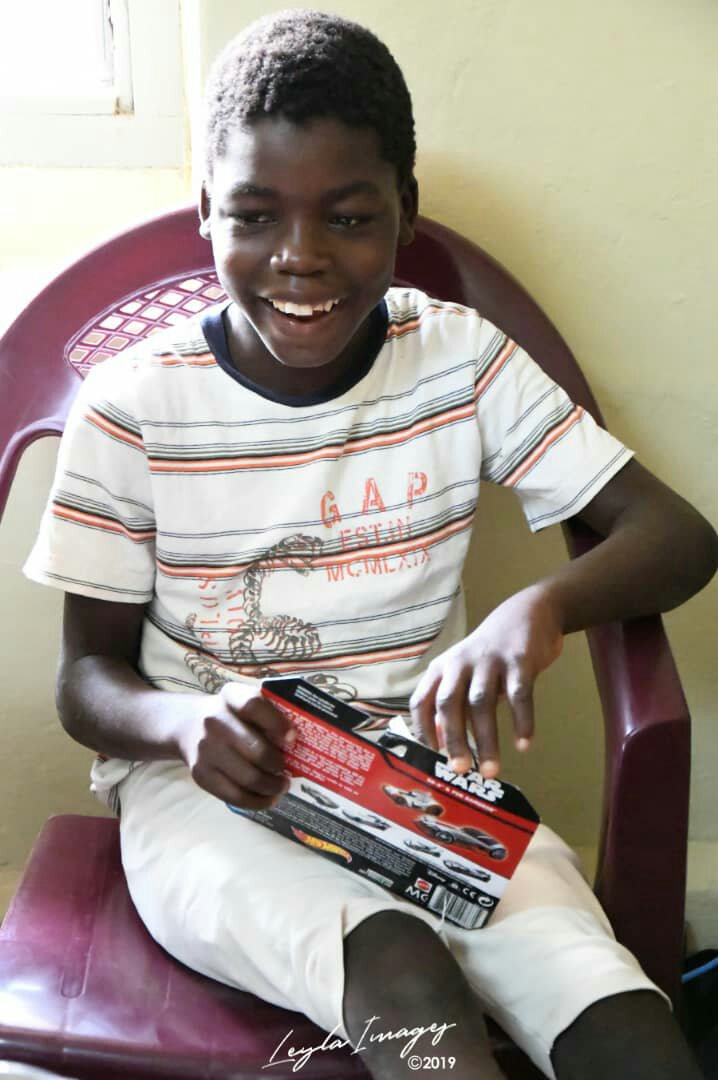
Some of our initiatives under our charitable umbrella have happened in collaboration with individuals with Special Needs and Disabilities, communities and other organisations to raise awareness for solutions through educational campaigns, training for individuals with additional needs, their families, professionals, and also through group and one-to-one family support sessions.

Certain experiences across the country can be best described as heart-warming and productive, with many other stories being an exact opposite and utterly heart-breaking.
In a recent event with Akuse Government Hospital, in the Lower Manya Krobo Municipality, it became apparent that a number of Special Needs families travel from miles away and sometimes across from the other side of the Volta River to access medical care or to benefit from the Sparklers-Akuse Hospital support sessions; an initiative birthed through a working partnership between the Medical superintendent at Akuse Government Hospital, Dr Mrs Asamoa-Agyare and the CEO of Sparklers Foundation, Mrs Harriet Awuah Agbenowu.
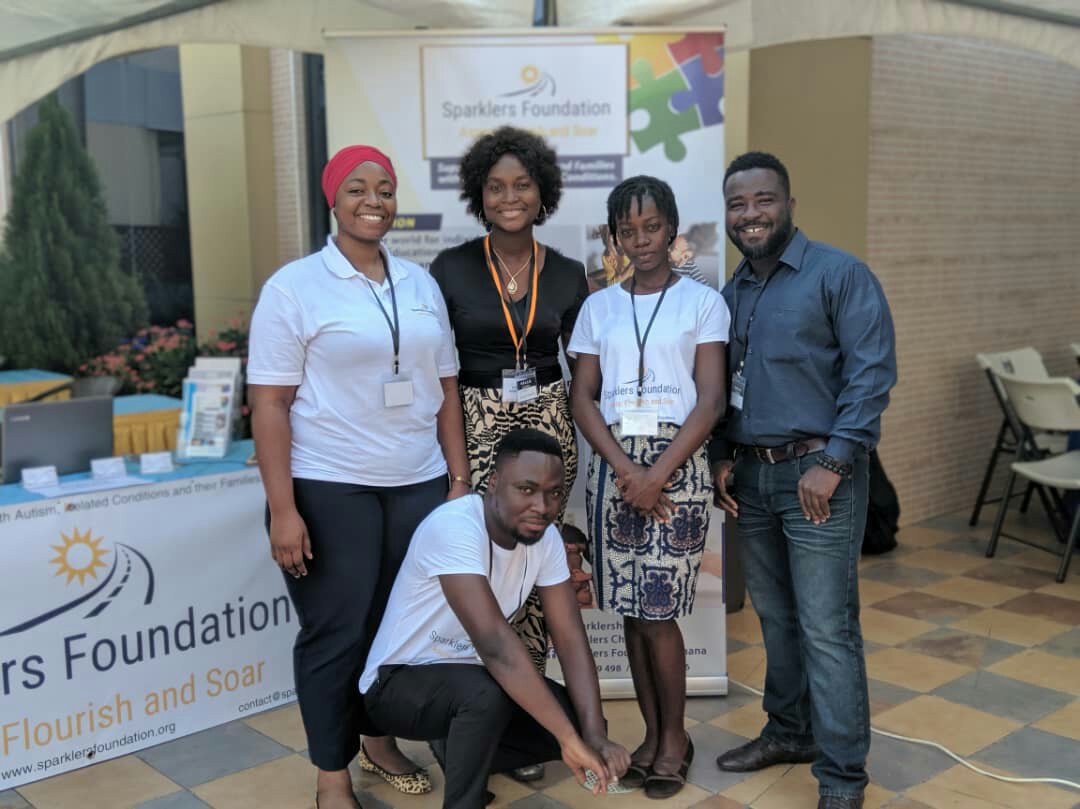
Many of the participants had obvious symptoms of undiagnosed Special Needs, Learning difficulties, Mental Health issues, Autism and other potential comorbidities and related health problems. It was encouraging to see many families responding positively to the medical guidance provided and being happy to be issued National Health Insurance cards and referred for same day medical treatment by the medical team or booked for follow-up treatment in line with their needs. Families were also supported through donations of toys, learning resources, free NHIS cards, free medical consultations and treatments, Special Needs consultations, support strategies, specialist resources and an opportunity for families to share and be listened to by other parents and supporting professionals.
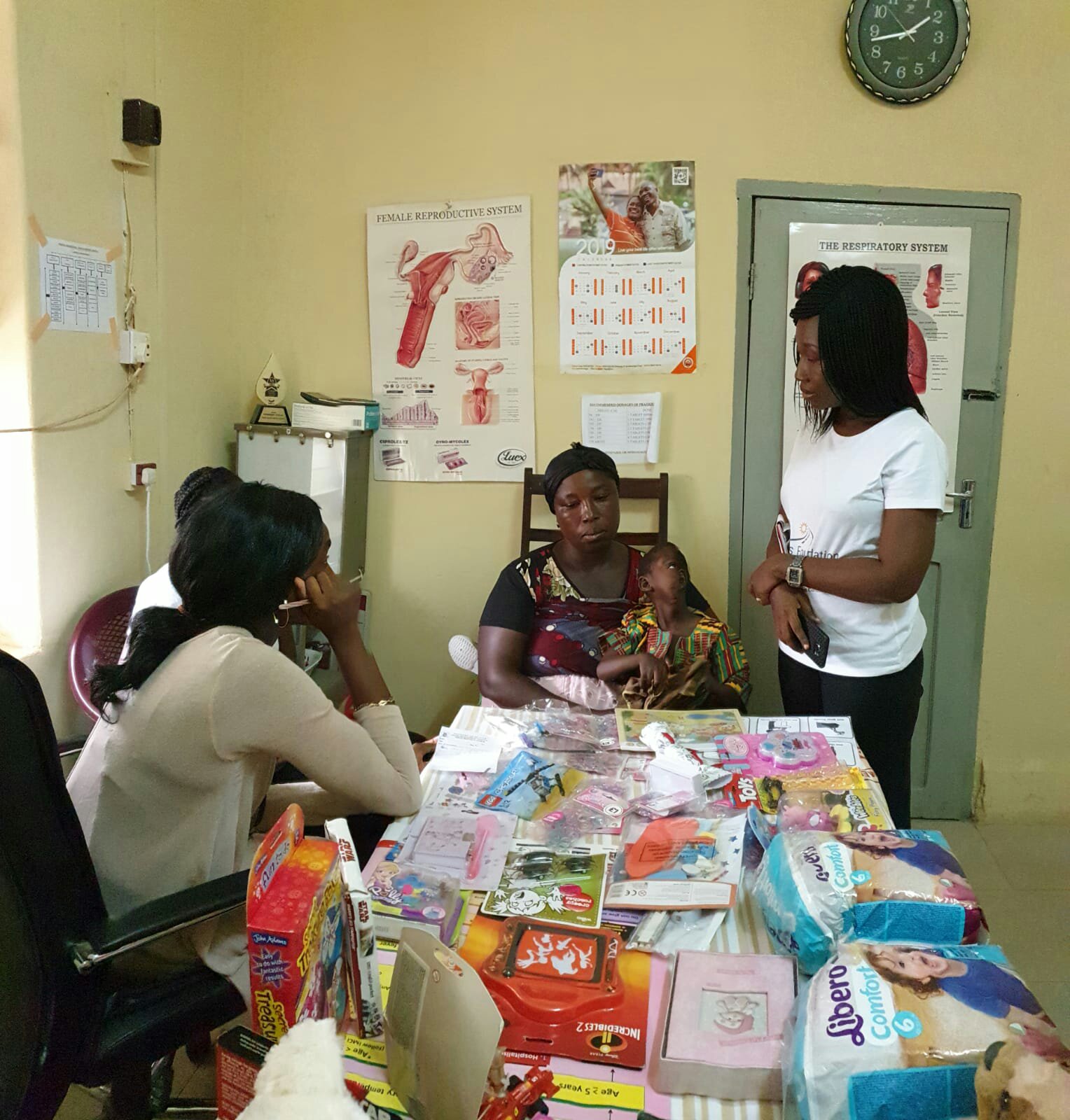
During one-to-one consultations with families, parents discussed the strengths and areas of development for their children, the challenges they as parents face in managing the needs of their children, their own personal issues, making effective use of resources and the state of their support networks. Ninety percent of parents present were women, either widowed or single mothers whose marriages had broken down as a result of them having a disabled child. All involved families admitted experiencing extensive financial difficulties due to the combined responsibility of being single parent carers of individuals with additional needs.
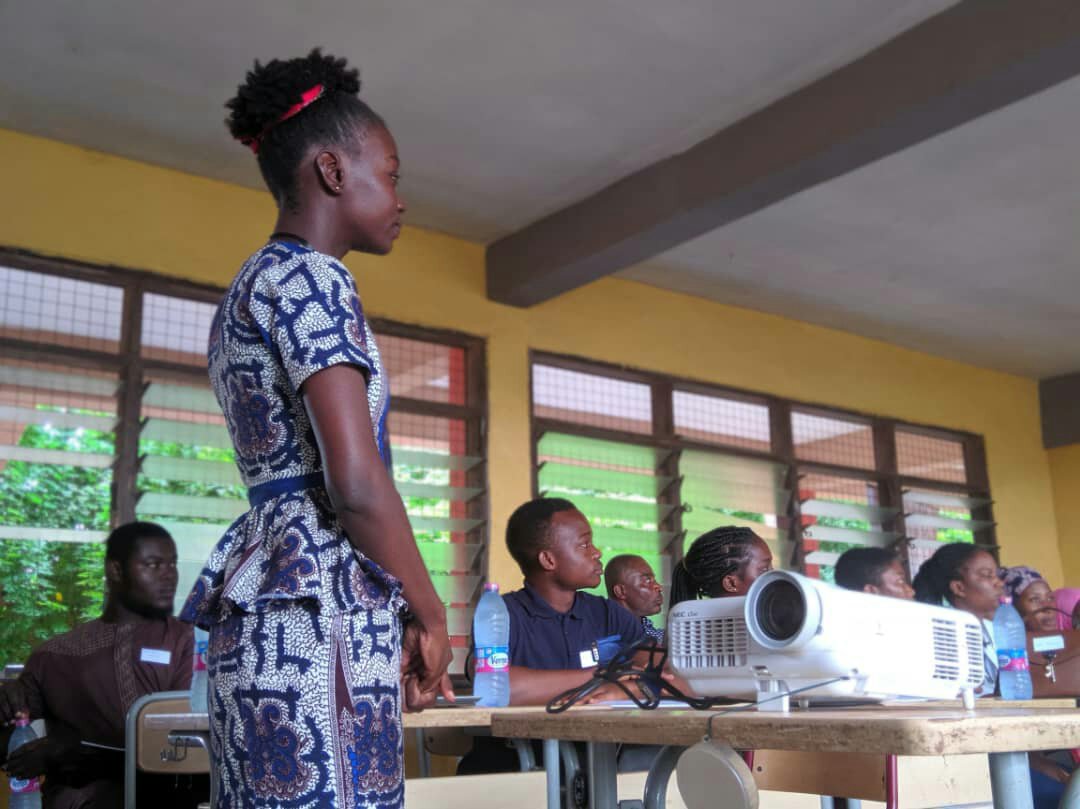
Some of the children catered for during this event were in school while others have been denied access to education by their local schools due to developmental delays in areas such as speech, motor skills development and independence in personal care. During interactions with the children, many of them expressed their love for school either verbally or through gleeful facial expressions and their body language.

The issues and challenges identified with this group of families are not isolated cases but resonant in many other areas of the country visited or researched including the capital. Some families of children with additional needs, neurodiversity or physical disability still feel stigmatised and sometimes isolated from their own families, partners, religious organisations and their communities. Certain public schools visited also had up to a hundred and forty pupils per class, some with learning difficulties. Many orphanages and care centres supporting mixed abilities of children some with disabilities, were observed during our visits to be poorly resourced and lacking basic necessities for the development and wellbeing of children.

Some questions to ask from this point are: How do we move from the point of stigmatisation to accepted social responsibility in our communities and as a nation? Do our current Special Educational Needs policies and frameworks enable this process of empowerment and the provision of appropriate resources? Who are the other stakeholders involved and what practical steps do we need to be taking to effect change?

On a more positive note, it was observed during our events that some families managing Special Needs and Disability are beginning to develop the confidence to reach out and seek help from the available medical, educational and social systems. Many more families and professionals however need to be empowered through the development of their understanding and the needed skills to become more effective in meeting the needs of their children, students as well as advocating on their behalf. The experiences of some parents could prove beneficial to other parents with similar challenges and this is an area where parental involvement can be improved to empower them in supporting other parents, hence promoting a culture of self-help and a support system of other parents.

Sparklers Foundation applauds the pioneer advocates and many voices speaking up for Special Needs, Neurodiversity, learning difficulties, Mental health and all related conditions; and continue to encourage these voices to team up and work together for better results in policy reviews and the translation of policy into reality.
For more information on what Sparklers Foundation does in Ghana,
visit us at www.sparklersfoundation.org
Facebook: Sparklers Foundation Ghana
Twitter: @SparklersGh
Instagram: Sparklersghana














